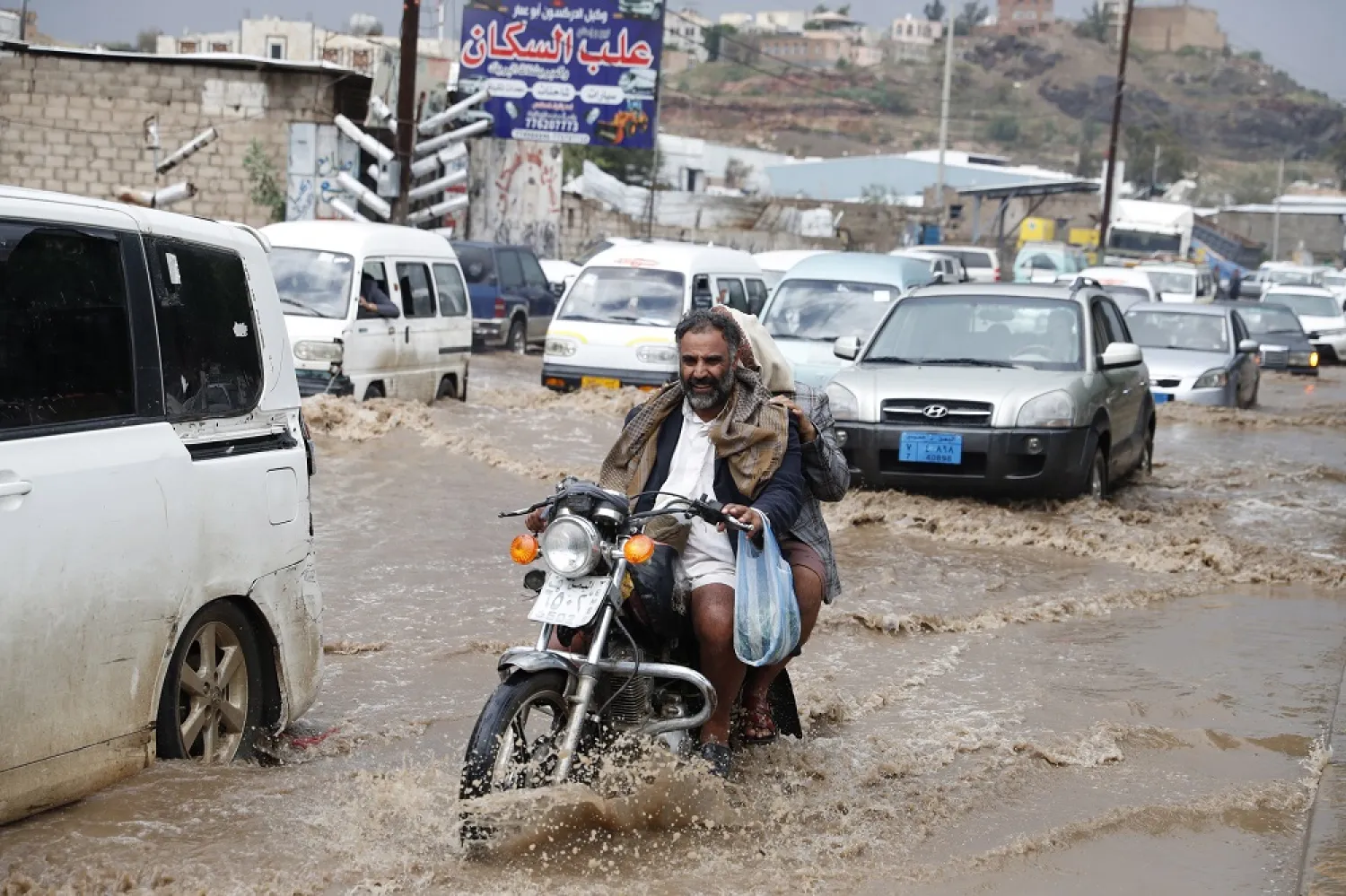Oman and the United States are continuing their efforts to extend the nationwide truce in Yemen for a second time.
United Nations envoy Hans Grundberg is expected to receive on Tuesday the legitimate government and the Iran-backed Houthi militias’ agreement to the extension.
The ceasefire ends on Tuesday.
Meanwhile, the United States has kept up its pressure on the Presidential Leadership Council to agree to the truce renewal and agree to Grunberg’s new proposals.
US Secretary of State Antony Blinken spoke on Sunday with Presidential Leadership Council President Dr. Rashad al-Alimi "to reiterate the importance of the Yemeni government’s support for extending the UN-led truce to ease suffering, expand tangible benefits for Yemenis, and build toward a permanent ceasefire and a more comprehensive, inclusive political process," read a State Department statement.
"He noted that the truce provides the best opportunity for peace that Yemenis have had in years and reaffirmed President Joe Biden’s strong support for the Presidential Leadership Council, welcoming the leadership the Council has demonstrated thus far on the truce," it added.
"Blinken also expressed the United States’ desire to continue broader bilateral cooperation with the Republic of Yemen Government," it said.
On the Yemeni end, official sources said al-Alimi received a telephone call from Blinken to discuss the latest local developments and regional and international peace efforts.
The state news agency Saba said al-Alimi stressed his commitment to "fair and comprehensive peace based on the national, regional and international references, especially UN Security Council resolution 2216."
He hailed the efforts by the Saudi-led Arab coalition in reaching the truce and its restraint, along with that of the Presidential Council and government, towards the widespread Houthi violations.
The sources said al-Alimi supports the extension, but reminded Blinken of the Houthis’ dismal record in respecting them, stressing that they continue to shirk their commitments to the current agreement.
He cited their continued siege on Taiz city and other provinces, failure to pay the salaries of employees in regions under their control, stalling in carrying out prisoner swap understandings and tackling the issue of the Safer oil tanker.
Meanwhile, an Omani delegation arrived in Houthi-held Sanaa on Sunday for talks with militia leaders to extend the truce.
Houthi media said the delegation met with head of the coup council Mehdi al-Mashat, who "stressed that any truce must be accompanied with tangible improvement in the economic and humanitarian situation."
This includes the paying of salaries of public employees in what was interpreted as the Houthis’ shirking of their commitment to paying the wages from Hodeidah port revenues.
Mashat also reiterated the Houthi demand for the complete and immediate reopening of Sanaa airport and Hodeidah port.
Grundberg is hoping that the warring Yemeni parties would agree to a six-month extension of the truce, rather than two.
His call was advocated by 30 international aid agencies working in Yemen.
"During the past four months, ordinary Yemenis have experienced the longest period of calm in the country in over seven years," the groups said in a joint statement on Monday.
"Since the truce entered into force on April 2, reports of civilian casualties have dropped significantly."
The aid groups, including Yemeni and international organizations, urged "all parties to the conflict to adhere to and extend the agreement to protect civilians across the country".
International signatories included ACTED, Action Against Hunger, the International Rescue Committee, Islamic Relief, Oxfam and Save the Children.
"An extension of the truce, adhered to by all parties, would support further fuel shipments into the country, allow more people to benefit from commercial flights from Sanaa, and support humanitarian actors to reach those most in need," the groups said.
"Most importantly, it would protect the lives of ordinary Yemenis and open the door to longer-term peace", they added.









